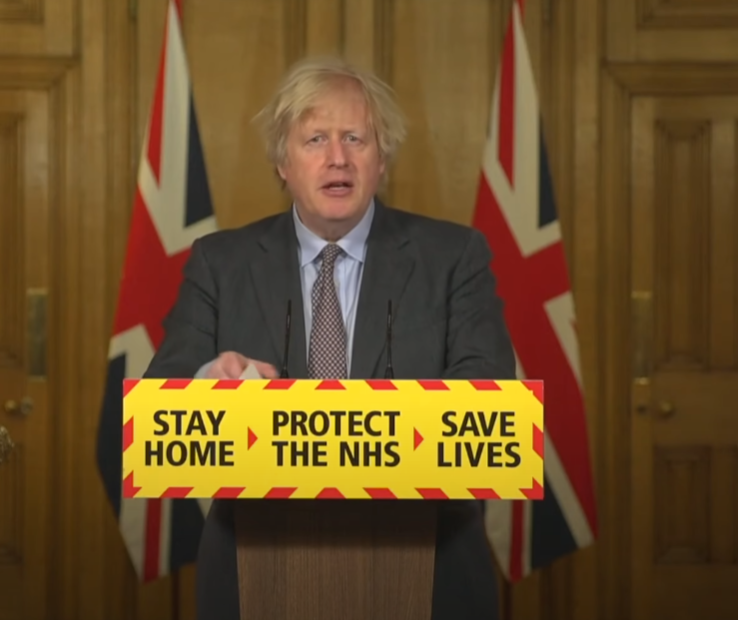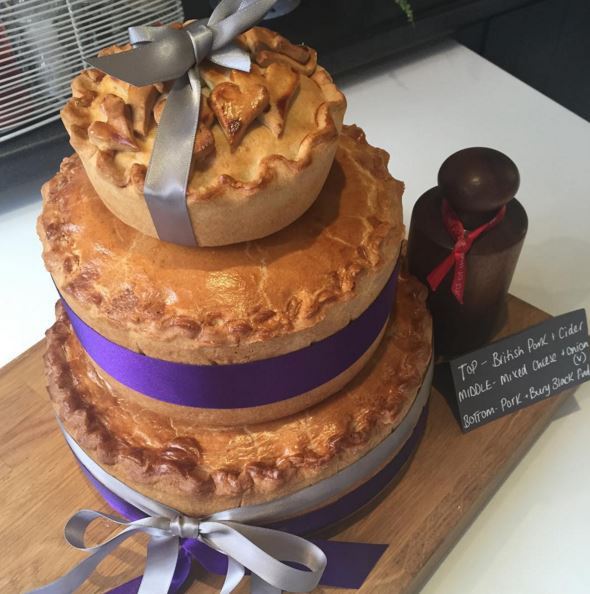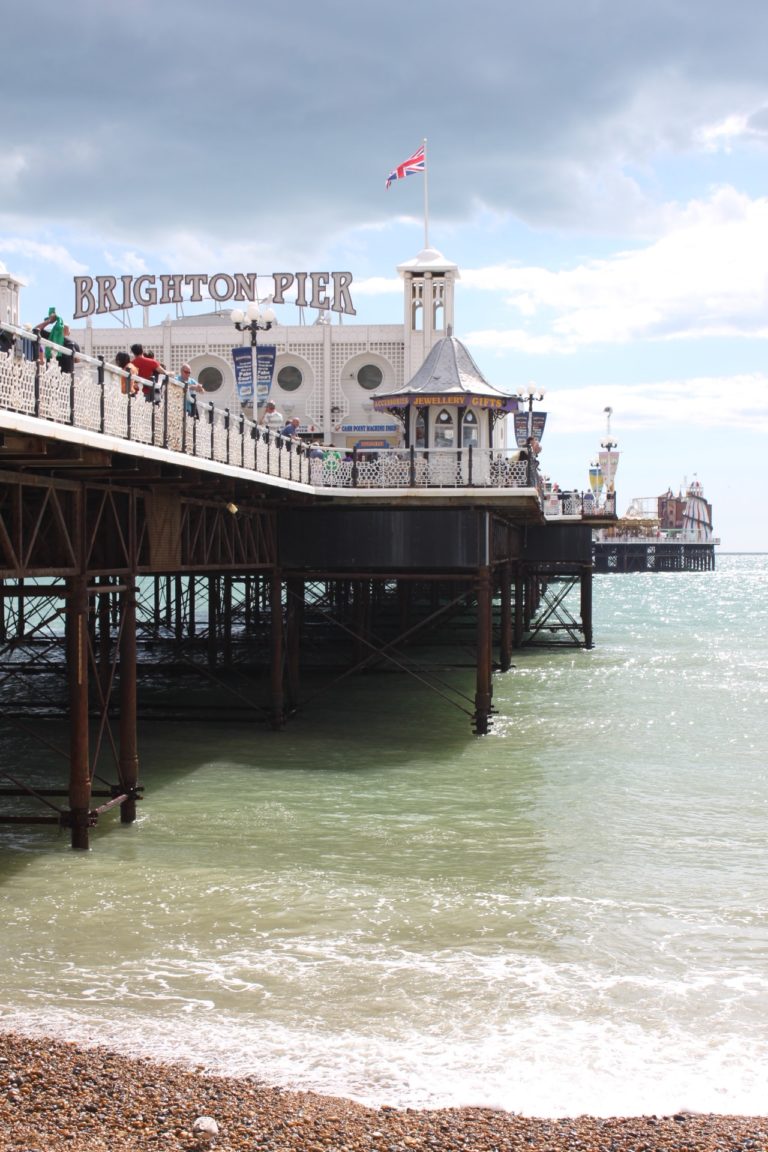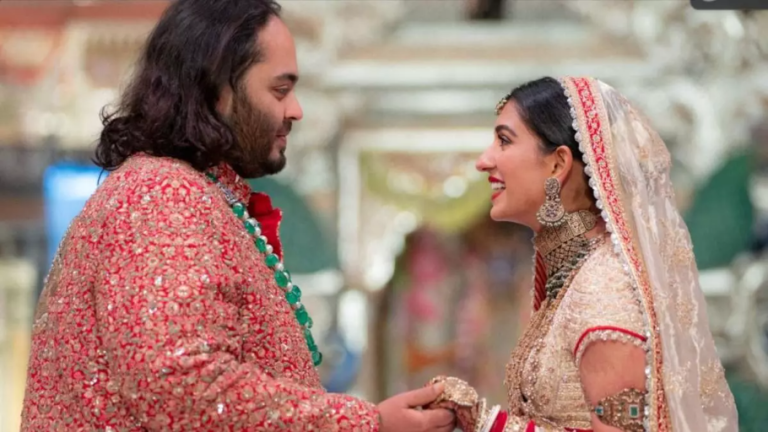The Coronavirus and What it Means for Your Wedding
With the Coronavirus being categorised as a pandemic that hit the world in early 2020 and in three months have sadly taken the lives of over 5,500 people globally, it is safe to say that the disease is a rather serious matter.
In fact, various governments and establishments are taking steps to make sure that the people don’t accidentally pass this highly contagious disease around. In China and Italy, literally, entire cities have been locked down. Schools have been cancelled and international borders are being closed.
The next few weeks are going to be telling about how this virus is going to affect every aspect of human life but it is already affecting the more social ones right now. Any activity that requires more than 10 people to congregate in one place are being scrutinized and canceled right now and that, sadly, includes weddings.
If you are feeling worried about what this disease is going to do to your wedding, we don’t blame you. The way it is affecting people and at a rapid pace is something not to be underestimated. Either way, you have to prepare accordingly if you want to celebrate your big day without putting everybody that you know and love (including yourself) at risk.
What we know so far:
- As of middle-March 2020 there is yet no cure
- How the coronavirus exactly spreads we are not sure, although similar viruses are usually spread in cough droplets
- Certainly in the UK the deaths that have happened have tended to be more with the elderly who already had some underlying disease
- Elders taking medicine for heart disease or diabetes need to be particularly careful
- Any events where many people will congregate are being banned to go ahead
What is it?
COVID-19 is a new illness that can affect lungs and airways, caused by a virus called coronavirus. Thought to have originated in bats in the food markets of China and with the global movement people has spread
How do I know if I have it:
- Dry cough
- Temperature
What if I have coronavirus?
Self-isolate. Stay at home for 7 days if you have either:
- a high temperature – you feel hot to touch on your chest or back
- a new, continuous cough – this means you’ve started coughing repeatedly
Do not go to a GP surgery, pharmacy or hospital.
You do not need to contact 111 to tell them you’re staying at home.
Testing for coronavirus is not needed if you’re staying at home.
Only call NHS 111 If it gets worse or lasts longer than seven days.
What can I do in the run up to the wedding to avoid the coronavirus?
- Stay at home. Many working places are now suggesting to work from home too.
- Keep your distance with any person coming nearby.
Wedding Insurance: Should You Get Them Now?
We checked the websites of John Lewis Finance, Wedding Plan insurance, Debenhams and Emerald Life and all now have a statement relating to the coronavirus. The general message from these wedding insurance providers is:
“As a result of the information currently being provided by the World Health Organisation the Foreign & Commonwealth Office and the UK Government, we have taken the decision to suspend all new Wedding Insurance applications whilst we assess the impact of the virus both in the UK and abroad.Please note that if you are an existing customer, your policy will remain in place and unchanged.”
Disasters as understood by insurance policies will include serious ones like fires ruining the wedding dress or the rings being stolen. It will also include cancellations due to problems with suppliers or coordinators.
Of course, it will include calamities like earthquakes, fires, and severe weather disturbances depending on how the policy was worded out. Some companies right now are updating their policies to include pandemics like the coronavirus.
Here’s the kicker, though: it all depends on the timing on when you got that policy. More often than not, if you have an insurance purchased before any of this has happened, then you will be covered in case you would cancel your wedding. If you are thinking about getting it right now, the policy might not cover you in case you do cancel because of the disease.
The reason for this is in the fine print. Depending on the country’s laws, insurance policies may cover for the outbreaks of infectious diseases. The key word there is “outbreak” meaning the disease was not yet known by the public by the time that your wedding was about to take place. If you get one now knowing that the coronavirus could strike at any moment, the insurance company of your choice might refuse to indemnify you for any COVID-related cancellation.
From an insurers perspective it is all about risk and being able to quantify that. This outbreak is too new to make any fixed judgements from. Those that do have insurance should also be aware of the event that some insurance policies already have a point in their wording that “expressly excludes liability from a change in law or change in regulation”. If the law changed and banned large groups of people coming together and this meant the wedding was cancelled then the insurance company would have reason not to pay out.
Therefore, it is important to re-read the wording in your policy and be 100% clear what is and isn’t covered. Best thing would be to call them and confirm your understanding of the policy is the same as theirs.
Is the Virus Going to Affect My Wedding?
The answer to this is “it depends”. If you happen to tie the knot within the few weeks, you can expect for some massive changes to your wedding plan. Governments across the world are doing their best to contain the sources of the infection and are recommending establishments to implement strict social distancing and localized quarantine measures to prevent the spread of the disease.
That means that if you push through with your wedding, you can expect to make some changes to your plan. Perhaps guests now are required to sit 1 meter apart from each other or regularly sanitise themselves when they move from room to room. Some businesses are even outright refusing people to do business with them unless they wear a face mask of sorts. So, unless, you do not mind your entourage to have their faces covered with a sanitary protective of sorts, then you may continue on celebrating the event according to the set date.
However, this could all change within a few weeks or month. There is no telling how the virus would react that people and governments are actively combating it. It might weaken, it might strengthen, it might suddenly disappear and return later. Whatever the case, you have to be vigilant and just be open to the notion of moving your wedding to a later date.
On a more practical sense, it is best that you brush up on your personal hygiene. Follow the recommended hand washing procedure as provided for by your local disease control and prevention board and implement your own social distancing system. It is also recommended that you avoid touching your eyes, nose, and mouth while keeping your body’s openings clean. And if you do think that you are experiencing the symptoms of the Coronavirus, seek medical intervention as quickly as possible.
Should My Big Day Be Cancelled?
As of now, it is difficult to predict how the situation will develop on a worldwide scale. The virus is a rather new beast and is rather unpredictable. However, there are certain things to consider in determining how best to proceed with your wedding in light of this pandemic.
First and foremost, you have to understand that weddings are considerable large public events. This means that people of different age and medical conditions coming from different parts of your community and the world will be gathered all in one place. This is the biggest concern that you have to consider as you don’t want your wedding to be a potential ground zero for a local outbreak.
In addition, if a large part of your wedding’s audience includes the elderly, the sickly, and other groups vulnerable to the coronavirus, it is best that you consider moving the date when the pandemic has died done. This is, at the very least, for their benefit.
And, as harsh as this might sound, it would be best that you cut down on the number of guests that you have. A number of 100-300 guests might be a bit too hard to control in light of the situation so you might limit it down to 50 or a handful of your close friends. You could even ask the officiating priest to hold the ceremony in the presence of your immediate family or in an unconventional yet contamination-free venue.
This is, again, dependent on how the pandemic develops in the weeks to follow. As of now, it is best that you take on the necessary precautions to avoid accidental transmissions of the virus. On your big day, no less.
- Refer back to your spreadsheet of suppliers and contact each for an update. Each supplier may have a different take on each, for example the wedding Chauffeur might be more concerned about coronavirus than say the supplier who made the wedding cards
- Refer back to the wedding list and check with guests if further to the virus they are still anticipating to attend as they expect it will die down by then.
- Co-ordinate with your partner to ensure their side of things are going ahead or not.
If things don’t Go as Planned
Naturally, your biggest concern after safety would be the expenses you have already incurred for the wedding. When considering postponing your wedding, you should inform the venue and your vendors immediately. They would have some refund policies set in place in case your event fails to proceed because of reasons beyond your control.
But what if the vendor or venue does not allow for refunds for whatever money you have deposited already? Then perhaps look if they offer the option to move your date. This is a far better option than canceling the event entirely.
But, whatever the case, you have to air out your concerns to your vendors, suppliers, and venue manager. There is a good chance that they could understand what is happening and help you change your plans accordingly.
For International Weddings
Supposed that you and your partner planned something really romantic and had your wedding set up at places like Maldives, Spain, Italy, or any popular wedding/honeymoon location? If the big day is still a few months away, the best option is to sit things out and wait for further developments over this pandemic.
The situation is always changing on a daily basis and it is still hard to know when the entire event will last. But, if China and South Korea’s dwindling COVID cases are to tell us something, it would be that there is a chance that the worldwide pandemic could die down within a few months. If every sane human being does their part, of course.
But if that wedding is about to happen within a few weeks from now, perhaps you should start contacting your suppliers and venue managers in that place. Perhaps they could advise you to cancel everything and give you a refund.
It is also important to refer to your Foreign and Commonwealth office website for advice. They are the foremost authorities in determining whether or not it is safe to travel to anywhere in the world right now.
For example, if you have a wedding set in Italy in April, you could be certain that it would be heavily affected because of the lockdown there. The same goes for the United States, South Korea, and other regions in Europe.
There is no doubt that the situation you are in is rather concerning but all is not lost. Not just yet. Contact your wedding planner on that part of the glove and see if there are options for you to get a refund, move to a later date, or push through albeit with intense medical screenings.
The Wedding’s Happening in a Few Weeks, What Should I Do?
Let us say that moving your date is not feasible. Everything has been planned and paid for and everything is good to go. So, the only possible option is to have your wedding proceed as planned.
But in the interest of not adding you and your guests in the statistics of infected people, it is best that you pay attention to a few tips which will include the following:
Stay Informed: When it comes to the Coronavirus, changes could happen as short as a day or even a few hours. As such, the policies of your local disease control and prevention centers such as the NHS would change in response to that.
It is your duty, then, to make your information about the pandemic as up to date as possible. This way, your wedding is armed with the best and most recent checks against the disease on the big day.
Inform Your Guests: First and foremost, you have to let your guests know that you are worried about the virus and how it could affect your wedding. As such, you have to inform them of any changes to the plan. Perhaps you would require them to wear a mask upon entry or have their temperatures checked. It would also be good to know which countries the guest has visited in the last 14 days
Aside from this, you have to implore them to submit themselves to medical professionals if they feel that they are experiencing the virus’s symptoms. You might have one less guest on your list but that is one less risk of exposure to the disease on your wedding.
Put up Some Security Measures: Stocking up on hand sanitisers and ethyl alcohol might be good but they pale in comparison to keeping the wedding site clean. Have a team disinfect every microphone, table, and restroom thoroughly cleaned and disinfected.
With the rational and limited supply of sanitisers that has gone on you might like to explore buying a larger quantity of soap. Unfortunately, people are buying and stock-piling useful products, which by the time they actually get to use it will likely be out of date. To note, there is no connection of the virus to toilet paper so why stockpile?
Usual price of paracetamol £0.50 and calpol around £4.00!
Also, you could use the social distancing measure by ensuring the people are seated a meter apart from one another. Discouraging handshakes and other forms of bodily contact could also help. If you are serious about not transmitting the disease, then foregoing the traditional kiss at the altar is preferred.
Livestream it: If you do opt to celebrate the wedding with only a few people, you can have others see it “remotely” through a livestream broadcast of the event. Social media sites like Facebook does allow you to do that, recording events as they happen and publishing them for the rest of the world in real time.
The point is that technology today gives you the option to let others celebrate your biggest events even from afar. Use them to your advantage.
To Conclude
There is no denying that the world is facing a rather precarious situation right now. As such, you should expect that any plan for a mass gathering will have to change or be canceled indefinitely.
However, that is not to say that you should let the pandemic dictate how you are supposed to celebrate your big day with your significant other. You still have to power to determine what happens in your wedding, if you plan to proceed with it, of course. With that being said, it pays to put up some extra precautions so that you, your partner, and everybody else wanting to see your union are safe from this rather infectious disease.
Please refer to the guidance sites below for the most current situation.
Worldometer: https://www.worldometers.info/coronavirus/
UK NHS advice: https://www.nhs.uk/conditions/coronavirus-covid-19/
World Health Organisation: https://www.who.int/health-topics/coronavirus
Travel advice:https://www.gov.uk/guidance/travel-advice-novel-coronavirus








